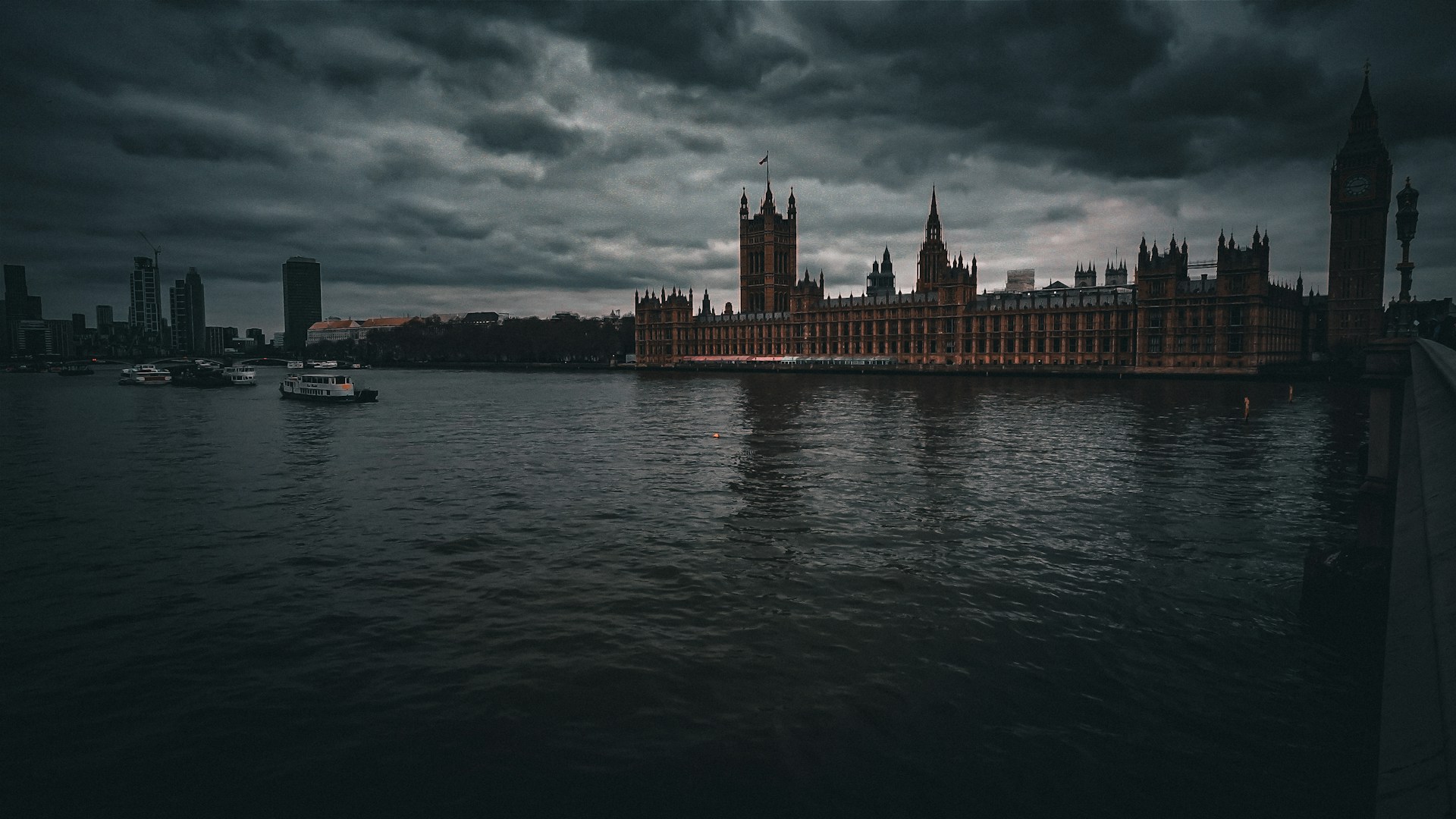Splintered Shipping Rules Loom Amid Global and Local Shifts

The fragmentation of environmental regulations in shipping may accelerate due to recent political and policy developments, including Donald Trump’s U.S. presidential win and the UK’s plans to incorporate shipping into its emissions trading system (ETS) by 2026.
The UK government is reviewing its ETS framework and considering adding the shipping sector in just over a year. Meanwhile, the European Union already included shipping in its ETS at the start of 2024.
Starting January 1, the FuelEU Maritime regulation will impose a penalty of €2,400 per tonne of VLSFO-equivalent for ships that fail to meet a 2% reduction target in greenhouse gas (GHG) intensity, based on a 2020 baseline.
“The FuelEU Maritime regulation will significantly impact the shipping industry, even more so than the EU emissions trading system,” said Nicholas Fell, chair of BIMCO’s documentary committee, during a recent address.
The International Maritime Organization (IMO) may face increased challenges in implementing global green shipping regulations, spurred by Trump’s return to power in the United States.
“The work currently ongoing at the IMO to get new regulations and set targets globally might hit a dead end,” Sea-Intelligence analysts predicted. “This would further accelerate the trend of localised decarbonisation rules rather than global agreements.”
Without global consensus at the IMO, the shipping industry could see more regional regulations like those in the EU, adding complexity to compliance with green standards, Sea-Intelligence warned.
Anais Rios, shipping policy officer at Seas At Risk, offered a more optimistic perspective: “The IMO process does not hinge on who sits in the White House. Africa, Latin America, Asia, along with Europe and North America can – and indeed must – agree next year on an ambitious carbon levy and a strong fuel standard, in order to deliver on their historic promise: decarbonise shipping in an equitable way by 2050. With a clear majority of governments already onboard, both inside and outside the IMO, the course is set.”